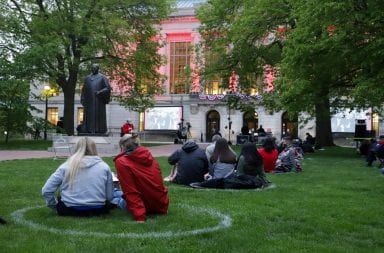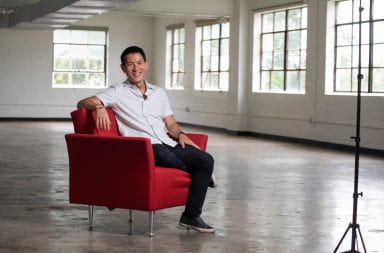The semester switch is not the only change to hit Ohio State in the fall. Religious studies, a concentration within the comparative studies major, will become a major of its own Autumn Semester.
Hugh Urban, the religious studies coordinator at OSU, said the main reason for the switch is to increase the visibility of the religious studies program.
“Previously we had the comparative studies major and within that was the concentration on religious studies,” Urban said. “The problem with that is that most people don’t know it exists because it doesn’t appear on the master schedule of classes.”
John Wyman, a fourth-year in comparative studies with a concentration in religious studies, said he thinks the new major will be beneficial for current and future students.
“I am pleased to see that the university is offering a religious studies major, as it will be easier for students to find the courses in the course catalog,” Wyman said.
The major will be organized differently than the comparative studies concentration and will offer two paths for students to more specifically concentrate on their studies.
“One is called ‘the study of religion’ and is the more conventional, traditional approach to religious studies,” Urban said. “The other is called ‘religions and cultures,’ and emphasizes the role of religion in relation to the media, novels, film, television, sexuality and gender and politics.”
Eugene Holland, chair of the department of comparative studies, said current students specializing in religious studies will be able to choose whether they want to switch their major, but the specialization will be removed entirely once current students complete their degrees and the concentration “empties out.”
Margaret Lynd, an adviser for the department of comparative studies, said the new major provides flexibility to accommodate particular students’ interests.
Students interested in religious studies for personal reasons, learning about religion academically, seminary work, social work and law are “served well by the major,” Lynd said.
Although the two main routes students take after completing the program are teaching religious studies and going on to do seminary work, a large variety of career opportunities exist with a degree in religious studies, Holland said.
“Even if students don’t do some type of seminary work, they imagine taking leadership roles in their church or working in circumstances where a kind of solid foundation in multi-cultural awareness via the comparative study of religion is essential,” Holland said.
Wyman agreed.
“The undergrad study of religion provides fantastic training in the area of critical thinking and writing,” Wyman said. “I think this degree is a great springboard for a variety of careers.”
Holland said there will be an informational session to introduce the major at the beginning of May in Hagerty Hall.


